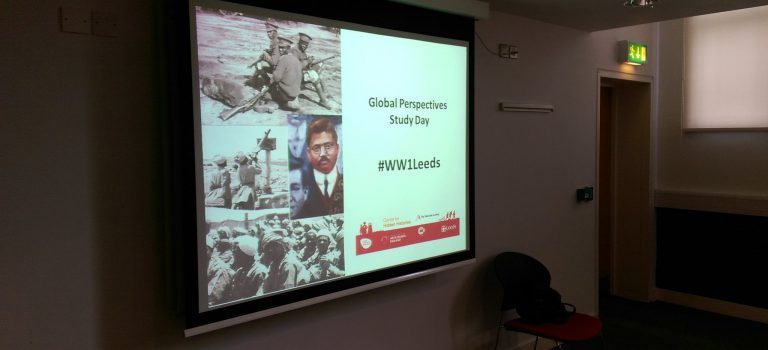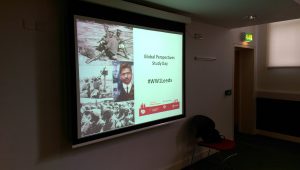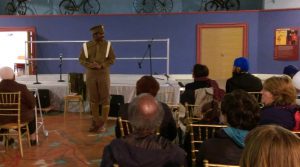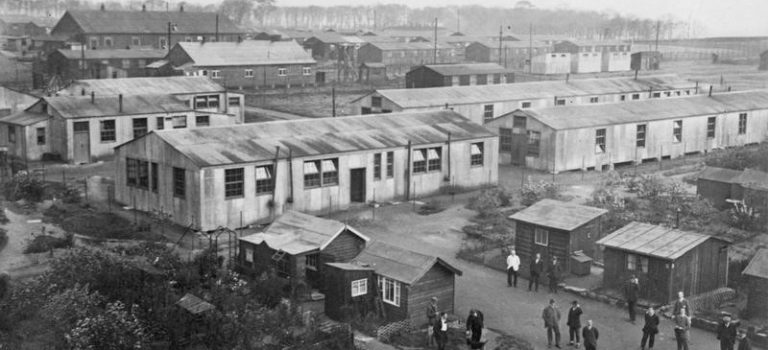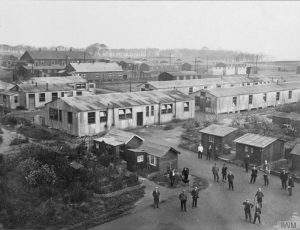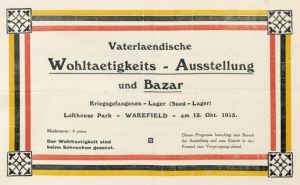The Centre for Hidden Histories is delighted to support a new project by Away from the Western Front, which has also attracted support from the Heritage Lottery Fund and the British Institute for the Study of Iraq (Gertrude Bell Memorial).
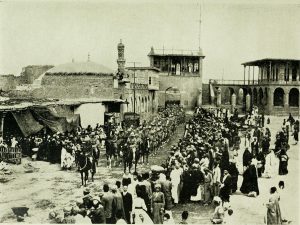
The project will explore the heritage of the men and women from Britain and its former Empire who served in the often overlooked campaigns of Salonika, Egypt, Palestine, Syria, Mesopotamia and Africa.
The Western Front has remained the main focus for European commemoration of the First World War but the campaigns which took place away from the Western Front allow us to place the war in a global context, in which several empires grappled for world power and influence, leading to a major reorganisation of the international political situation in the years following the war. Britain’s part in this, its attempts to safeguard its place on the world stage and the consequences of this are as important as any European outcomes. A central aim of the ‘Away from the Western Front’ project will be to understand what made the conflict a World War.
Lyn Edmonds, a Trustee of the Away from the Western Front charity said: “Access to the heritage of the First World War away from the Western Front can be problematic for many people in this country. This is partly due to geography as the campaigns took place far away and partly due to subsequent histories in these areas, many of which underwent great social and political change after the First World War. This project is a great opportunity to improve public knowledge of these campaigns during the centenary period.”
The project will offer contrasting perspectives on the campaigns and provide fresh opportunities to engage with and learn about the common heritage of involvement in this global event. People from a very wide spectrum of communities were involved in the campaigns away from the Western Front, both fighting for and against the Allies and we will work with many of them in the project, including Iranian, Iraqi and Turkish communities in the UK.
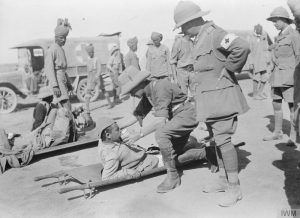
Several local and regional partners have already been identified in Devon, Lancashire, Berkshire, Sussex and London. Local museums and National Trust properties in these areas will work with community groups, youth groups and schools with funding from the grant to research the lives and stories of those who served in these far away campaigns. Those stories will be brought to life through engaging creative outputs, drama, film, art and music, specifically designed to raise public awareness of the First World War away from the Western Front.
